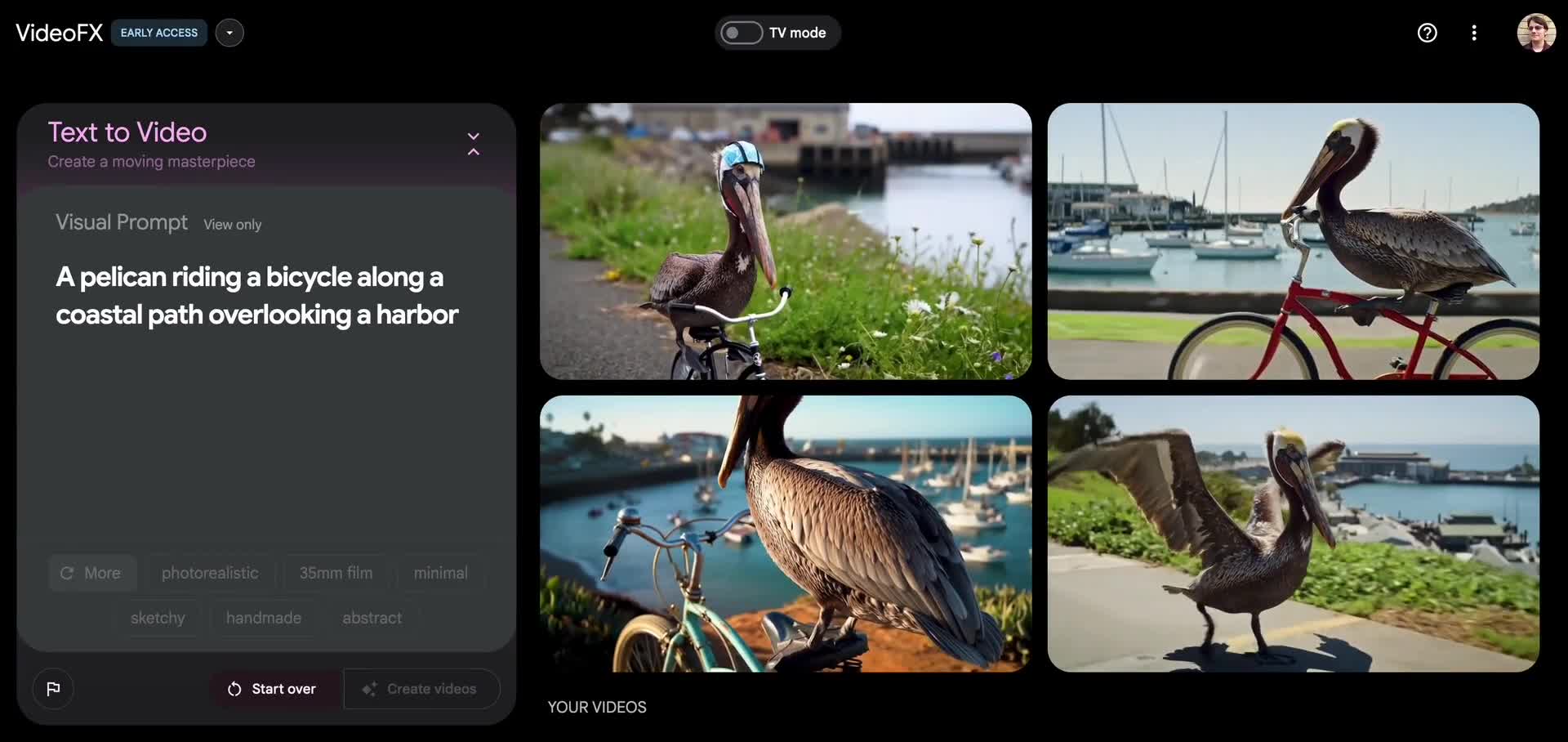I’m linking here to Techmeme’s roundup of news coverage and commentary, but I highly recommend you start by reading Gonzalez Rogers’s 80-page decision. It is excoriating. I’ve read few legal decisions quite like it. But it’s also incredibly cogent and plainly written.
From the start:
To summarize: One, after trial, the Court found that Apple’s 30 percent commission “allowed it to reap supracompetitive operating margins” and was not tied to the value of its intellectual property, and thus, was anticompetitive. Apple’s response: charge a 27 percent commission (again tied to nothing) on off-app purchases, where it had previously charged nothing, and extend the commission for a period of seven days after the consumer linked-out of the app. Apple’s goal: maintain its anticompetitive revenue stream. Two, the Court had prohibited Apple from denying developers the ability to communicate with, and direct consumers to, other purchasing mechanisms. Apple’s response: impose new barriers and new requirements to increase friction and increase breakage rates with full page “scare” screens, static URLs, and generic statements. Apple’s goal: to dissuade customer usage of alternative purchase opportunities and maintain its anticompetitive revenue stream. In the end, Apple sought to maintain a revenue stream worth billions in direct defiance of this Court’s Injunction.
There’s quite a bit of fury in those italics. Rule one when you’re in court, any court, is “Don’t piss off the judge.” Apple has absolutely infuriated Gonzales Rogers through actions that all of us saw as outrageous.
In stark contrast to Apple’s initial in-court testimony, contemporaneous business documents reveal that Apple knew exactly what it was doing and at every turn chose the most anticompetitive option. To hide the truth, Vice-President of Finance, Alex Roman, outright lied under oath. Internally, Phillip Schiller had advocated that Apple comply with the Injunction, but Tim Cook ignored Schiller and instead allowed Chief Financial Officer Luca Maestri and his finance team to convince him otherwise. Cook chose poorly. The real evidence, detailed herein, more than meets the clear and convincing standard to find a violation. The Court refers the matter to the United States Attorney for the Northern District of California to investigate whether criminal contempt proceedings are appropriate.
This is an injunction, not a negotiation. There are no do-overs once a party willfully disregards a court order. Time is of the essence. The Court will not tolerate further delays. As previously ordered, Apple will not impede competition. The Court enjoins Apple from implementing its new anticompetitive acts to avoid compliance with the Injunction. Effective immediately Apple will no longer impede developers’ ability to communicate with users nor will they levy or impose a new commission on off-app purchases.
You know a judge is pissed when she busts out the bold italics. Later, on (page 21, citations omitted for readability):
Prior to the June 20 meeting, there were individuals within Apple who were advocating for a commission, and others advocating for no commission. Those advocating for a commission included Mr. Maestri and Mr. Roman. Mr. Schiller disagreed. In an email, Mr. Schiller relayed that, with respect to the proposal for “a 27% commission for 24 hours,” “I have already explained my many issues with the commission concept,” and that “clearly I am not on team commission/fee.” Mr. Schiller testified that, at the time, he “had a question of whether we would be able to charge a commission” under the Injunction, a concern which he communicated.
Schiller comes across as Apple’s sole voice of reason, fairness, and dare I say honesty in this entire ruling. The only people in the world who seemed to think Apple could or should comply with the 2021 injunction (that apps be permitted to steer users to the web to make purchases) by charging a commission — any commission, let alone a 27 percent commission — on those web transactions were Apple’s finance team members, led by Luca Maestri and Alex Roman, and Tim Cook.
Unlike Mr. Maestri and Mr. Roman, Mr. Schiller sat through the entire underlying trial and actually read the entire 180-page decision. That Messrs. Maestri and Roman did neither, does not shield Apple of its knowledge (actual and constructive) of the Court’s findings.
I mean Jesus H. Christ, that’s scathing.
It’s worth pointing out that Luca Maestri is no longer Apple’s CFO. (Kevan Parekh is.) Back in August, Apple announced that Maestri was, effectively retiring as CFO “as part of a planned succession”. Apple’s statement didn’t use the word retiring, but rather the word transitioning. With this ruling and Maestri’s central role in Apple’s decision to forge ahead with a compliance plan where they “allowed” steering to the web by charging the same effective commissions on web transactions as they do for in-app transactions, I now have to wonder whether Maestri retired or “retired”. “Cook chose poorly” (by following Maestri’s recommendation) is not the sort of sentence from a judge that keeps CFOs in their jobs.
As for Alex Roman, I think he’s in some serious trouble. Like doing-time-in-the-clink trouble:
Despite its own considerable evaluation, during the first May 2024 hearing, Apple employees attempted to mislead the Court by testifying that the decision to impose a commission was grounded in AG’s report. The testimony of Mr. Roman, Vice President of Finance, was replete with misdirection and outright lies. He even went so far as to testify that Apple did not look at comparables to estimate the costs of alternative payment solutions that developers would need to procure to facilitate linked-out purchases.
The Court finds that Apple did consider the external costs developers faced when utilizing alternative payment solutions for linked out transactions, which conveniently exceeded the 3% discount Apple ultimately decided to provide by a safe margin. Apple did not rely on a substantiated bottoms-up analysis during its months-long assessment of whether to impose a commission, seemingly justifying its decision after the fact with the AG’s report.
Mr. Roman did not stop there, however. He also testified that up until January 16, 2024, Apple had no idea what fee it would impose on linked-out purchases:
Q. And I take it that Apple decided to impose a 27 percent fee on linked purchases prior to January 16, 2024, correct?
A. The decision was made that day.
Q. It’s your testimony that up until January 16, 2024, Apple had no idea what — what fee it’s going to impose on linked purchases?
A. That is correct.
Another lie under oath: contemporaneous business documents reveal that on the contrary, the main components of Apple’s plan, including the 27% commission, were determined in July 2023.
Neither Apple, nor its counsel, corrected the, now obvious, lies. They did not seek to withdraw the testimony or to have it stricken (although Apple did request that the Court strike other testimony). Thus, Apple will be held to have adopted the lies and misrepresentations to this Court.
There’s so much more. The whole ruling is compelling — and damning — reading.
Keep in mind this whole thing stems from an injunction from a lawsuit filed by Epic Games that Apple largely won. The result of that lawsuit was basically, “OK, Apple wins, Epic loses, but this whole thing where apps in the App Store aren’t allowed to inform users of offers available outside the App Store, or send them to such offers on the web (outside the app) via easily tappable links, is bullshit and needs to stop. If the App Store is not anticompetitive it should be able to compete with links to the web and offers from outside the App Store.”
Are the results of this disastrous for Apple’s App Store business? I don’t think so at all. Gonzales Rogers is demanding that Apple ... do what Phil Schiller recommended they do all along, which is to compete fair and square with purchases available on the web. She’s not demanding they do what, say, Tim Sweeney wanted them to do. She’s basically saying Phil Schiller was right. Read her entire ruling and it’s hard to imagine anyone disagreeing with that.
But are the results of this disastrous for Apple’s reputation and credibility? It sure seems like it. But it would be worse — much worse — for Apple’s reputation if Phil Schiller weren’t still there. Without him, this ruling makes it sound like they’d be lost, both ethically and legally.
I’ll give the final words to Gonzales Rogers’s own closing:
Apple willfully chose not to comply with this Court’s Injunction. It did so with the express intent to create new anticompetitive barriers which would, by design and in effect, maintain a valued revenue stream; a revenue stream previously found to be anticompetitive. That it thought this Court would tolerate such insubordination was a gross miscalculation. As always, the cover-up made it worse. For this Court, there is no second bite at the apple.
It Is So Ordered.



